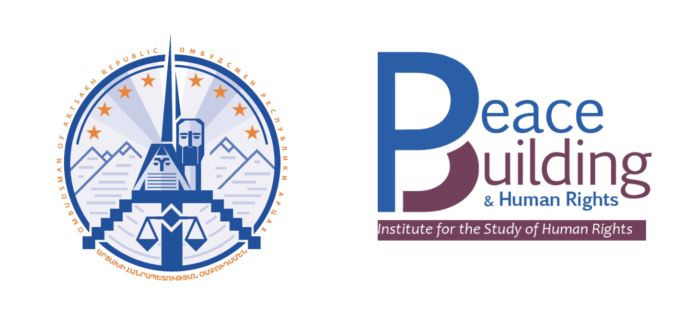STEPANAKERT/NEW YORK – The Program on Peacebuilding and Rights (PBHR) at Columbia University’s Institute for the Study of Human Rights (ISHR) launched on November 12 a research project on “Human Rights and Foreign Terrorist Activities in Artsakh (Nagorno-Karabakh).” In partnership with the Human Rights Ombudsman for Artsakh, the project will draw on primary sources documenting crimes against humanity and other atrocities committed by Azerbaijani armed forces and Turkish-backed Islamist fighters against Armenians. Project arrangements were facilitated by the Armenian Assembly of America.
Azerbaijani armed forces attacked Nagorno-Karabakh on September 27, 2020. They were backed by Turkish military and mercenaries with armed drones, heavy artillery, rocket systems and special forces. According to the Syrian Observatory for Human Rights, Turkey deployed up to 2,000 Islamist jihadis from Syria and Libya who are promised a bounty for killing Armenians.
Gruesome reports of torture and beheadings have emerged. French and other intelligence services along with the international media have confirmed that Turkish-backed foreign terrorists are paid a bounty for beheadings
More than 1,400 Armenian fighters and civilians have died since the beginning of Azerbaijani/Turkish operations, with over 100,000 civilians displaced by Azerbaijan’s scorched earth policy. Armenian Orthodox churches have also been targeted, as have civilians.
There are numerous verified cases of Azerbaijani soldiers treating Armenian war prisoners inhumanely, mutilating dead bodies, beheading and executing both combatants and civilians. Azerbaijan also used banned weapons extensively.
Turkey’s President Erdogan affirmed, “Turkey stands with and will continue to stand with friendly and brotherly Azerbaijan with all our means and all our heart.” Turkey officially denies the Armenian Genocide.








